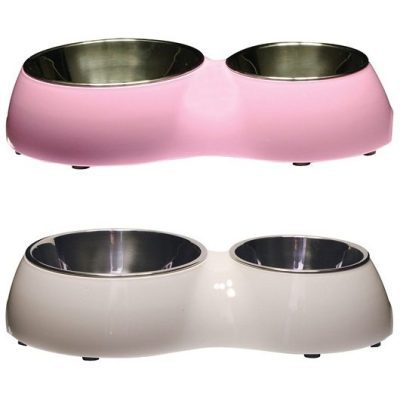It is estimated that 30-50% of cats are obese or overweight – a shocking figure to most feline-loving owners. Read this blog to find our guide to maintaining a healthy weight in cats.
Consequences of obesity in cats:
- Problems grooming
- Heat intolerance
- Diabetes
- Heart disease
- Cardio-respiratory disorders
- High blood pressure
- Cancers
- Arthritis
If you think your pet is overweight, do not hesitate in contacting your vet. They are able to discuss the best options going forward.
How to keep your cat at a healthy weight:
Losing weight quickly isn’t healthy for anyone. It is important that your vet is consulted. It is in the right mind of the owner to allow the cat to go through this process in the safest way possible.
Firstly, consider looking into the type of food your cat is eating. A cat’s natural diet should be rich in protein and low in carbohydrates. Replicating this diet for your domesticated cat, you should ensure that their diet is high in protein and low in carbohydrates. These factors allow your cat to keep a healthy weight. Duplicating these factors can be difficult, which is why we have a fully trained animal expert team in store, that you can contact via phone or Facebook. Above all, you can come into the store to speak to our staff about the best options going forward.
NOTE: Any changes to your cat’s diet should take place over 7-10 days, therefore, it allows your cat to be introduced gradually.
Increasing exercise:
Increasing the exercise in any overweight animal is important. Cat’s who have access to the outdoors, usually provide themselves with enough exercise. However, if your cat prefers to stay indoors, or is a house cat, they will provide plenty of toys and games to keep them active.
Here are 2 of the toys we recommend:










